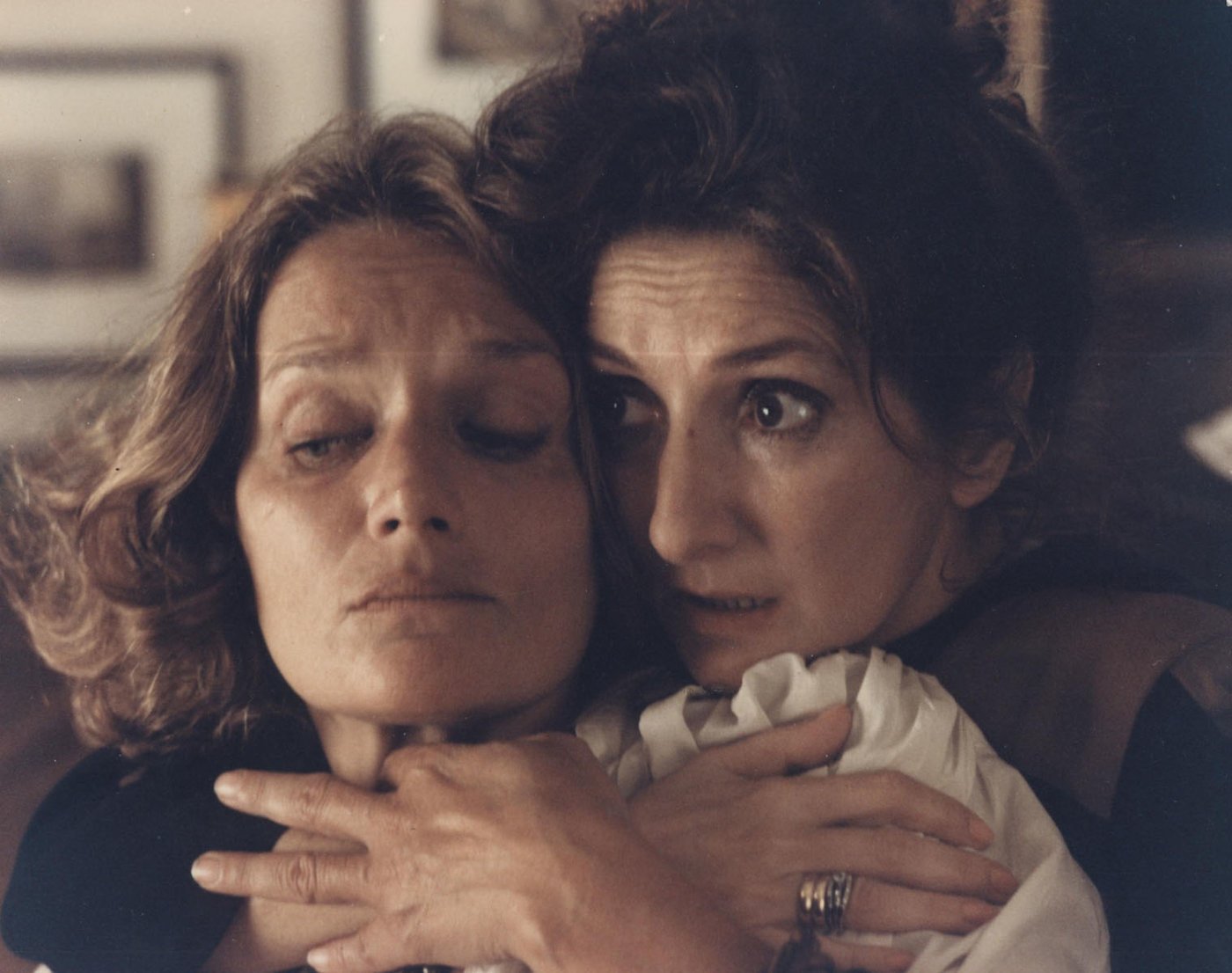Most people aspire to have families, deciding to form their own by marrying, bearing children, and if fertility makes that impossible, adopting one. The Official Story is centered on upper middle class Alicia, who’s already made the idyllic family life, with the last piece completed with her adoption of Gaby, but there are secrets held from her, or rather, there are realities that she chose not to listen to because of the painful implications. Writer-director Luis Puenzo juxtaposes the family secret to the violent ones the Argentine junta government kept from its citizens. It's not a subtle comparison– Puenzo makes it obvious– but it's an effective one, as Alicia has to reckon with the fact that she lies in bed with a stranger, as Argentina has to reckon with the remaining junta members and enablers.







Great movie. I think an Oscar winner.
but How come no “Apartment Zero?” on the list? :/